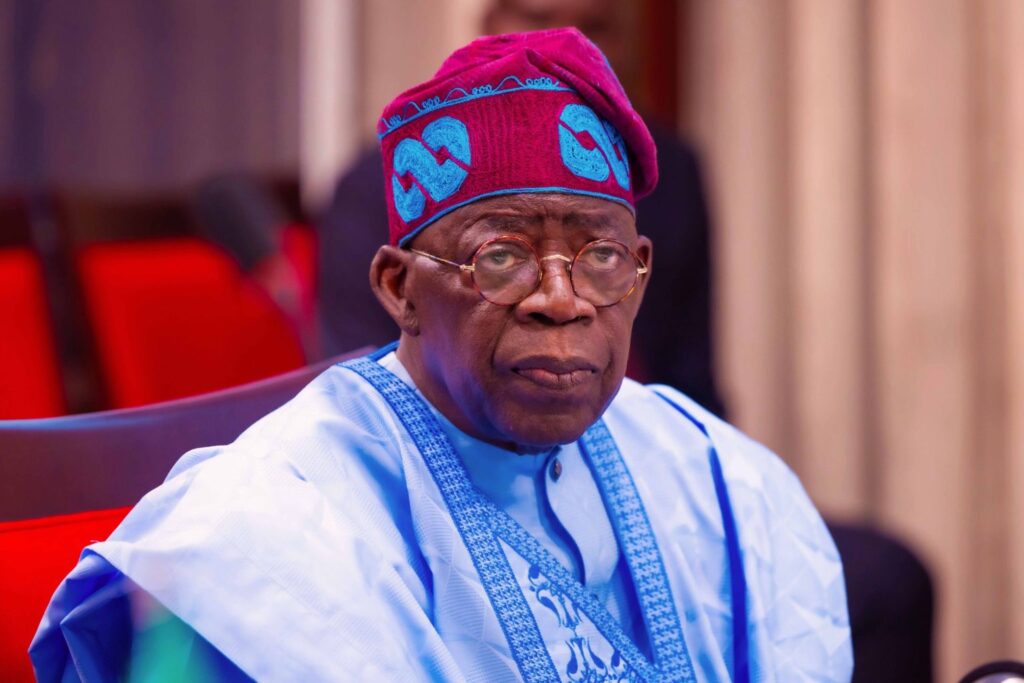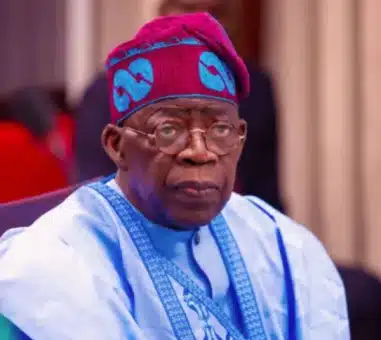
The Presidency has firmly defended its borrowing strategy, asserting that loans — when properly utilized — are vital tools for economic growth and national development.
This clarification came during a high-level media interaction in Lagos, where top presidential aides addressed questions surrounding Nigeria’s rising debt profile and the recent N34.15 trillion loan request submitted to the National Assembly by President Bola Tinubu.
Special Adviser to the President on Information and Strategy, Mr. Bayo Onanuga, emphasized that borrowing should not be demonized, drawing parallels with global economies.
“It is not a sin to borrow,” Onanuga stated. “Even advanced economies like the United States and the United Kingdom borrow beyond their GDP. The real issue is how the funds are used, not the act of borrowing itself.”
He pointed out the realities of Nigeria’s economic position, noting that the country’s budget is significantly smaller than that of South Africa, despite its larger population. “We must stop deceiving ourselves. Nigeria is a poor country with limited resources. If we want to meet our developmental needs, borrowing is inevitable,” he added.
Onanuga acknowledged that the administration’s first year came with major economic hurdles, including high inflation, forex instability, and inherited fiscal challenges. However, he maintained that substantial progress has been made.
“Nigeria’s macroeconomic indicators have improved significantly,” he said. “Global institutions such as the World Bank and the IMF have commended the direction of our reforms.”
He cited a surge in the All Share Index from 50,000 in 2023 to over 110,000 in 2025, a boost in foreign reserves to $21 billion, and a reduction in debt servicing from 97% of revenue to below 60%, freeing up resources for social investments.
Highlighting the administration’s inclusive financing models, Onanuga spoke of public-private partnerships (PPPs), Infraco initiatives, tax credits, and collaborations with state governments to fund critical infrastructure like roads and housing.
He also noted that over 600,000 students have benefited from the NELFUND loan scheme and outlined steps being taken to revive the country’s industrial base through technical education and improved financial access.
Addressing economic hardship, Onanuga stressed that the government is not indifferent to the suffering of Nigerians.
“We understand that Nigerians are going through tough times. But we are acting,” he said, listing targeted interventions such as the bulk procurement of essential medicines, direct agricultural support, and the push for Compressed Natural Gas (CNG) adoption in transportation.
He highlighted the positive impact of the CNG rollout, noting that ride-hailing drivers have significantly increased their earnings through fuel savings. Additionally, President Tinubu approved a six-month waiver on rice importation to reduce food prices and curb hoarding.
“We must recalibrate our expectations as a nation. We are not as rich as many think, and we must manage our ambitions realistically,” Onanuga concluded.
Echoing his sentiments, Special Adviser to the President on Public Communication, Mr. Sunday Dare, defended the borrowing plan, particularly in relation to infrastructure development.
“You can’t build highways from Lagos to Calabar or Sokoto to Bida without borrowing,” Dare said. “Projects like these stimulate regional economies. The problem is not debt, it is misuse. When borrowing is properly managed, it becomes a tool for national transformation.”
The Presidency’s firm stance suggests a continued reliance on strategic borrowing as a cornerstone of the Tinubu administration’s economic vision — one it argues is already beginning to yield tangible results.

Comments